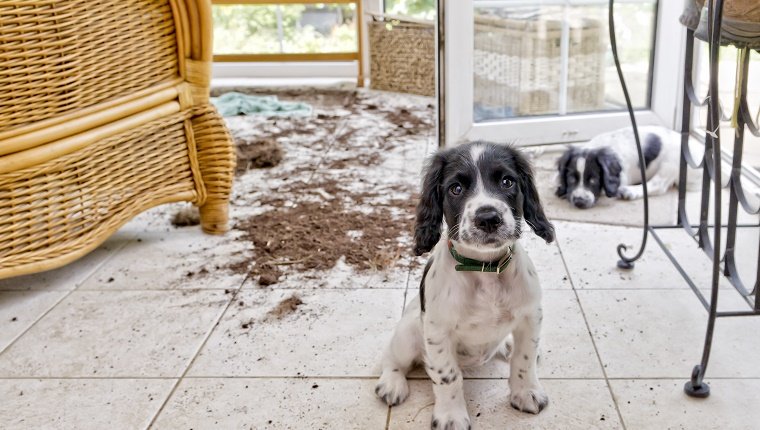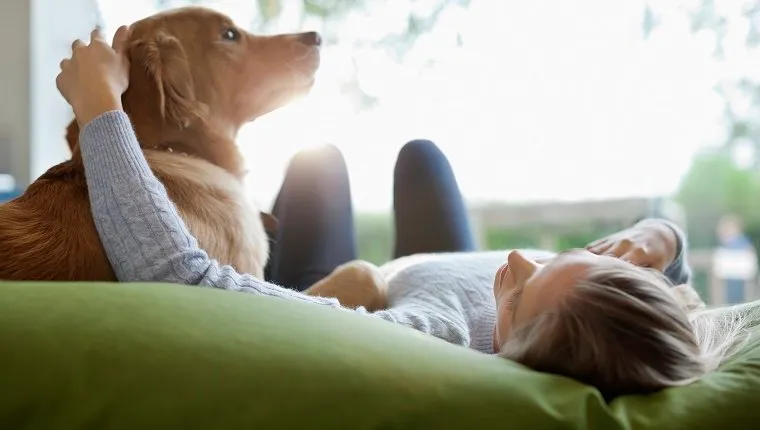
Some of us dog lovers could never imagine returning our precious pups to a shelter, but it’s important to understand the many reasons that one might consider it.
In fact, giving up a dog you can no longer care for may seem like a kindness, as you’d be giving that dog a chance at a new, better life in a forever home with people who can provide what they need.
It’s also important that we don’t shame people who consider returning their dog, but instead give them resources and encouragement that might help them realize that they can take steps to keep their pup.
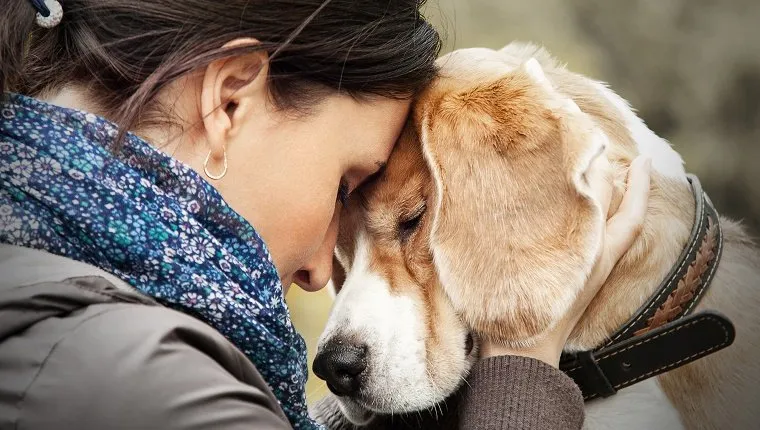
Of course, the best thing to do is to make sure you’re ready for a dog in the first place. A great way to find out if you’re prepared is to just foster a dog first and see what you can handle. Shelters and rescues need fosters to help care for dogs while they look for their forever homes.
But all of that is irrelevant if you’ve already taken the plunge and adopted without fully understanding what goes into having a dog or if your life circumstances have changed since adopting.
There are many reasons people have for returning dogs to the shelter. In fact, almost ten percent of adopted dogs are returned for one reason or another.
Below are a few reasons you might be considering giving up your dog and some possible solutions that may give you an alternative to dropping them off at the shelter. Before you return that rescue dog, read this and know that there are resources out there to help you.
Unwanted Behavior
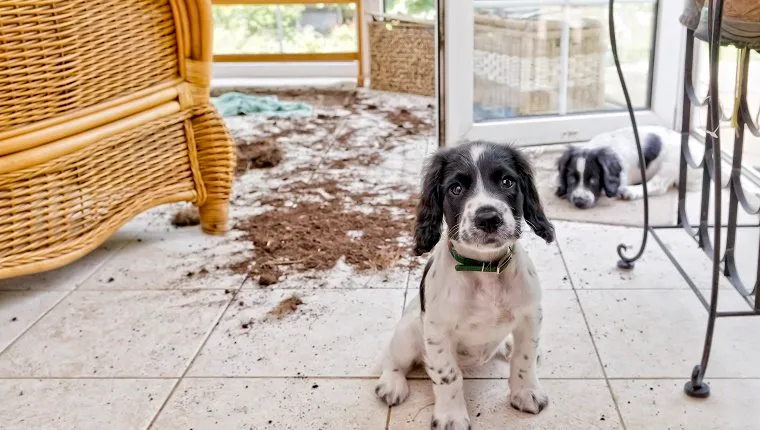
Perhaps the most common reason for a dog being returned to the shelter is unwanted behavior. Whether it’s going potty inside, destructive separation anxiety, leash aggression, or any number of other behaviors that have you pulling out your hair, know that it can get better with training and, sometimes, with age.
Older dogs tend to calm down a bit, and some bad behaviors can disappear over time. But as a dog parent, you need to prepare to accept your dog’s flaws and work with them.
Below you’ll find a list of some common unwanted behaviors. You can click on them to find more information on how to train your pup and correct the problem.
- Going potty inside
- Separation anxiety
- Leash aggression
- Herding behavior
- Too much energy
- Digging or chewing
- Biting or jumping up
- Food aggression
If your training efforts don’t succeed, or if you find that you’re simply not up to the task of training your dog, you can find help from a dog training class or a personal dog trainer.
Don’t feel discouraged. Training can be a long process, but it’s very rewarding.
Medical Conditions
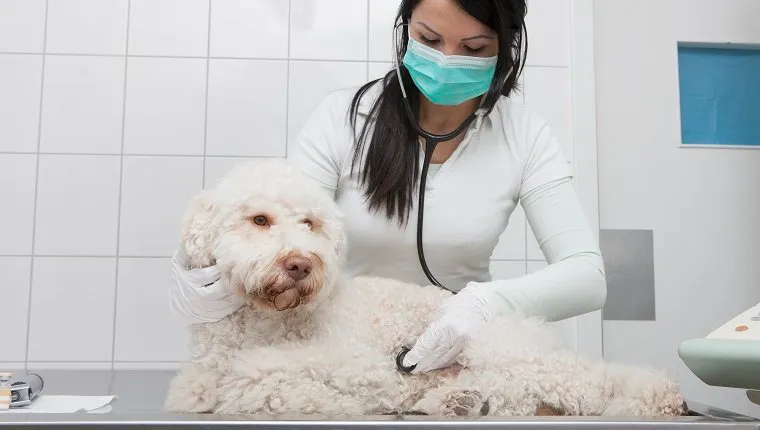
Even if you adopt a perfectly healthy dog, the sad fact is that your pup will probably develop some kind of medical condition that will need your attention over the course of their life. This is especially true in senior dogs.
These medical conditions can become expensive very fast, and you may find yourself unable to care for your pup. But before you consider returning your dog to the shelter, realize that the shelter is also probably under strain to pay for all their animals’ expenses and may not be able to cover the cost of your dog’s medical needs.
Additionally, a dog with a medical condition is much harder to adopt out, so your pup may be suffering at the shelter for a long time.
There are, however, plenty of steps you can take to cover the cost of your dog’s medical needs. You can talk to your veterinarian, and most will be willing to work with you to reduce the cost or form a payment plan. You can also contact a local university with a veterinary program that can offer low-cost services.
And you might not be aware, but there are plenty of organizations out there that specifically help people cover the cost of their pets’ conditions. You can find a list of these organizations here.
Inability To Afford Expenses
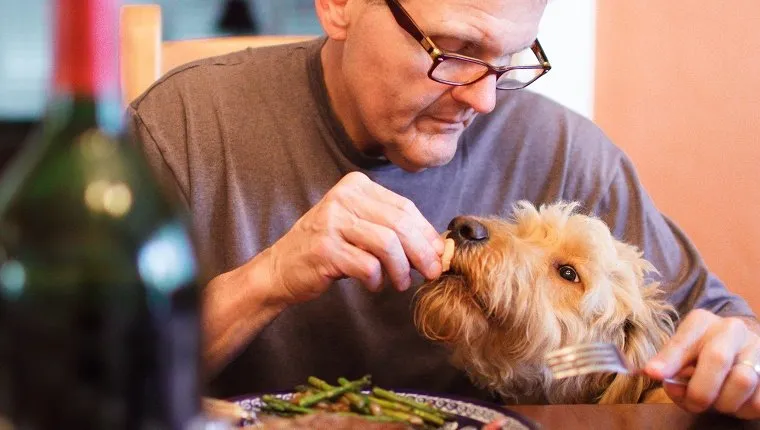
Sometimes people have unforeseen income changes that prevent them from being able to afford the basic expenses of owning a dog, especially dog food.
Supplemental Nutrition Assistance Programs (SNAP) may not cover food for pets, but you can find a list of human foods that are okay for dogs to eat here.
Meals On Wheels is a program that brings meals to seniors, but they also cover the pets of seniors, too.
And if you don’t qualify for those programs right now, make a call to your local shelter or the ASPCA. They sometimes have an abundance of donated food that they’re willing to share with people who can’t afford dog food, and if they can’t do that, they can definitely point you in the direction of a food bank or organization that can help.
They may also be able to help you find resources that will provide you with any other items you may need for your dog that you cannot afford right now.
Moving To Home That Doesn’t Allow Dogs
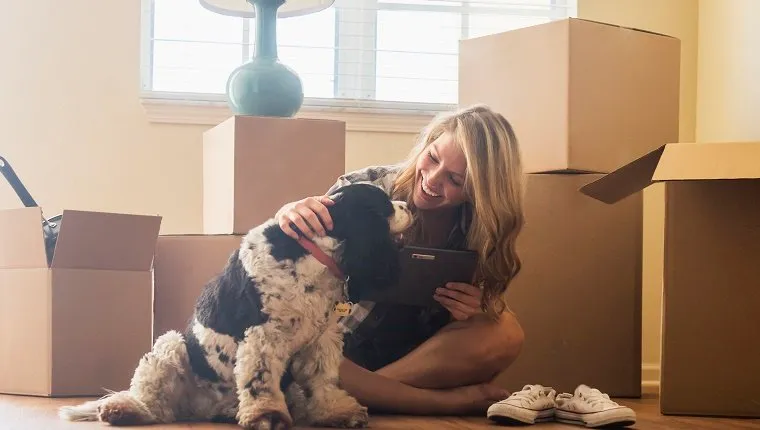
A dog is a member of your family. You wouldn’t move to a place that doesn’t allow your child to be with you, would you? When selecting a home, a place that doesn’t allow your pup to come with should be a deal-breaker for you.
Still, sometimes financial circumstances limit your options. It’s important to ask your potential landlord what you can do. Some will allow a dog to stay for an additional security deposit or monthly fee.
If not, just try to realize that there are other housing options available to you. Some other place that allows dogs will come along. You can even use filters on most property search engines that will show only places that let pups come with you.
It’s not worth taking your dog back to the shelter if you can find a place that allows dogs, instead.
Birth Of Children
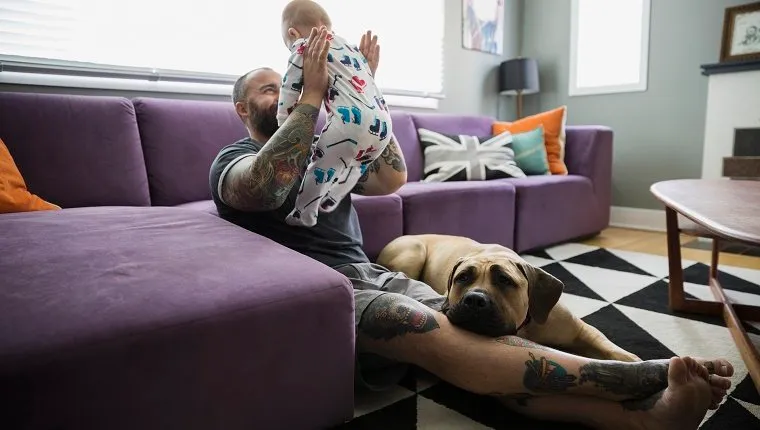
Maybe your family has grown recently, and you just aren’t finding enough time to care for your dog. The good thing about dogs and babies is that they both spend a lot of time napping, but those nap times don’t always align to give you a moment of peace.
When the new baby is taking up a lot of your time, it’s hard to get a minute to take care of your pup, too. There are, however, ways to take care of a baby and a dog at the same time.
You might consider going for a stroll with your dog on leash and your baby in the stroller to get some exercise and fresh air. Find ways to include your dog in your daily tasks.
You may also worry about your dog being unfriendly or jealous toward a new baby. You can find ways to prepare your dog for a human infant in the family here, and follow these ten safety tips for children who live with dogs here.
Also, you should also follow advice for introducing dogs to babies here, and watch for the signs of an impending bite here. It’s possible for you to take care of a child and a dog, and as both grow older, it gets easier.
Not Getting Along With Children Or Other Pets
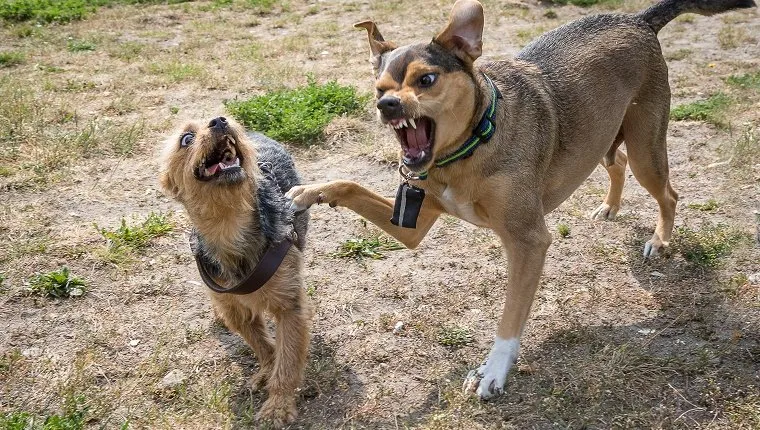
If your dog has aggression, it’s important to understand the cause so you can correct the behavior. Your first instinct when a dog nips at a child or another beloved pet may be to get rid of the dog, but with training, time, and a positive environment, your pet can acclimate and start to relax.
It’s also important for children to understand the do’s and don’ts of interacting with dogs, and make sure your pup can have some space during the training process. Some forms of aggression are easier to train away, while others take more time.
If your dog is aggressive to other dogs, you should read the advice provided here. If your dog is aggressive to people and children, you should click here for advice. In either case, you should consult a trainer or behaviorist to see what your options are for training.
No Longer A Puppy
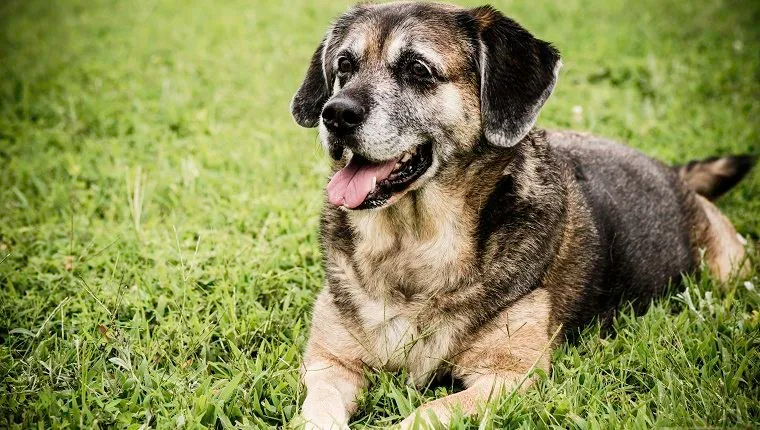
Some people get a new puppy in their life and love them for a time only to find that, once that puppy has grown up, they just can’t handle it.
These people are probably the least prepared to get a dog in the first place, but if you happen to be one of those considering returning a dog who has grown out of puppyhood, here’s my advice.
Give your dog a chance. The adolescent phase of a dog can be stressful. High energy and rowdy behavior can be expected, much like the “terrible twos” of a human child. But dogs grow in love as much as anything else.
As a pup settles into old age, they become more loving and have a quiet dignity. And once in a while you get a glimpse of the puppy in their eyes. You’ll grow more attached, too, and more in love with your dog every day.
And if you are absolutely terrified of the fact that your dog will one day pass away leaving you heartbroken, you are right to worry. It will happen. But it will be after a lifetime of love and happiness, and your dog will cross over knowing they have been loved.
It’s a rough pain, and one you should always be prepared for if you bring a dog into your life. But after all they’ve given you, you owe it to your dog to see it through to the very end.
If You Absolutely Must Return Your Dog
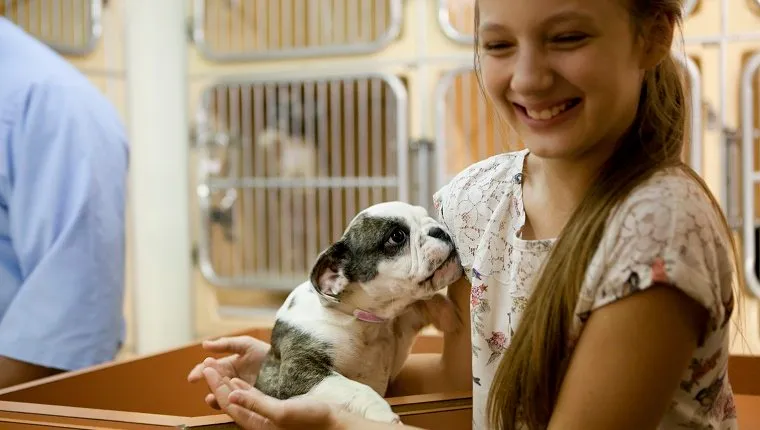
If everything else has failed or there are extreme circumstances that will absolutely not allow you to keep your dog, do your pup one final service.
First, ask people you trust if they can take the dog. Family members or friends that you’ve known for a long time are a good place to start.
If they can’t take your pup, then contact a rescue group or reputable no-kill shelter that does thorough background checks for adopters.
Under no circumstances should you sell your dog online or give them away to a stranger on some website. Dogs who are given up this way can end up as bait dogs in dog fighting rings where they’re torn apart for sport, or they can go to abusive or neglectful homes.
You have no idea who could be taking your dog.
Do this last favor for your pup. You’ll probably be breaking their heart, but at least you’ll give them the best chance at a great life that will help them heal.
What advice do you have for people considering returning their dog to the shelter? What can they do to keep their pup? Let us know in the comments below!
